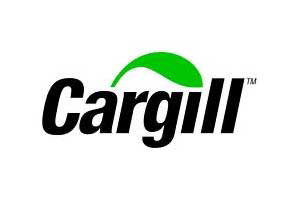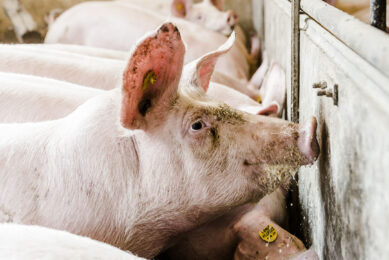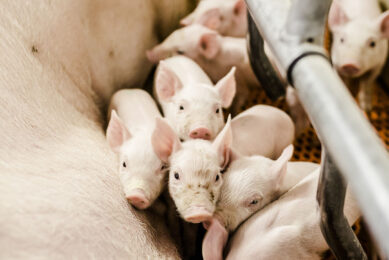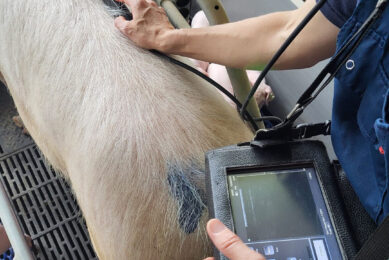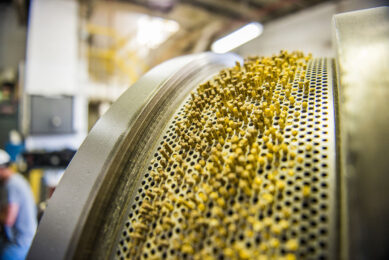Increasing piglet litter weight by up 15kg
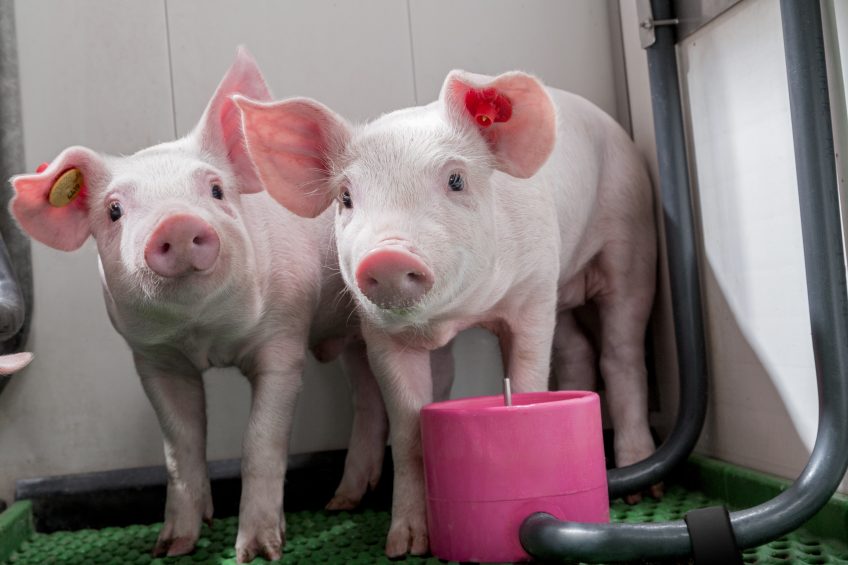
Getting pigs easily through the first few weeks of their life requires careful attention paid to both sows and their litters – the younger this starts, the better it is. Now how to make sure all piglets achieve sufficient nutrient intake, even when they are still with the sow?
Early piglet nutrition is key to express unprecedented growth potential, with producers able to gain an increase of up to 15kg per piglet litter. Effective sow nutrition has enabled producers to increase piglet litter size. As pig farmers are benefitting greatly from faster genetic herd improvements, they also seek sustainable solutions to improve piglets’ robustness against health challenges.
Larger litter sizes often exceed 16 total born and piglet weight tends to decrease at birth, with more heterogeneity. This means more difficulty reaching the mother’s colostrum, especially for small piglets. Sows have usually no more than 14 functional teats and limited milk yield capacity. Rearing large litters needs delivering high quality nutrition and care for the piglets, at a critical stage in their development.
Poor nutritional challenges
Poor early nutrition results in piglets not meeting their growth potential. When missing nutrients and maternal antibodies, piglets have a weakened immune system with lower livability. As a result, highly productive farms are using a variety of methods during the first days after farrowing, including split suckling, manual milk feeding and using foster/nursing sows. These methods limit sow litter index, and mixing sows can increase the risk of spreading disease by cross-contamination.
Piglet nutritional programme
The Neopigg RescueCare programme is a nutritional programme with 2 phases to support piglets’ nutritional needs.
• Phase 1: Day 2-14
Sow milk replacer, Neopigg RescueMilk, has an exclusive formulation matching young piglets’ requirements for energy, amino acids and micronutrients, and contributes to the development of their digestive system.
• Phase 2: Day 14-weaning
Neopigg Smooth 2.0 supports a high feed intake and train piglets for weaning, allowing a gradual transition to the next feed.
Piglet programme results
Research with video observation shows that piglets’ natural behaviour is well respected. They always suckle the sow first, and then get their supplement with the programme’s feeders, several times a day. Sow milk yield performance stays high, with a higher rotation of the piglets at the udders. As a result, farmers can leave up to 2 piglets extra per sow, while reducing the mixing of animals.
Pig farmers using the programme in the farrowing crate have observed an increased weaning weight of up to 0.8 kg.
This is mostly due to a better growth of the smaller piglets (see Figure 1).
Figure 1 – Weaning weight distribution with a specific nutritional programme covering both early and late pre-weaning stages*.

Farms following this scheme tend to have piglet livability improved by 3%, with a significant decrease of cross fostering. Less foster sows are used and the litter index can be increased by up to 0.05. The average litter weight per sow can increase by around 15kg at weaning, thus improving pig farm productivity with a better leverage of genetic improvement (see Table 1).
Increase piglet livability
Producers following the programme can thus increase piglet weight by up to 15kg per litter. By also using the Livelle sow feeding programme in combination with piglet approach, producers can give a holistic nutritional programme to both sow and piglets. This means, producers can increase sow value by up to $ 50 (€ 42.03) per sow per year.
How does Neopigg RescueCare programme work?
• Exclusive automatic liquid feeding system;
• Supply fresh ad lib feed, 24/7 to piglets in the farrowing crate;
• Easy to install and maintain;
• High hygiene, guaranteed by patented design and unique product formulation;
• Cleaning only once or twice a week.
Author: Marc Decoux, global swine technology leader, Cargill


